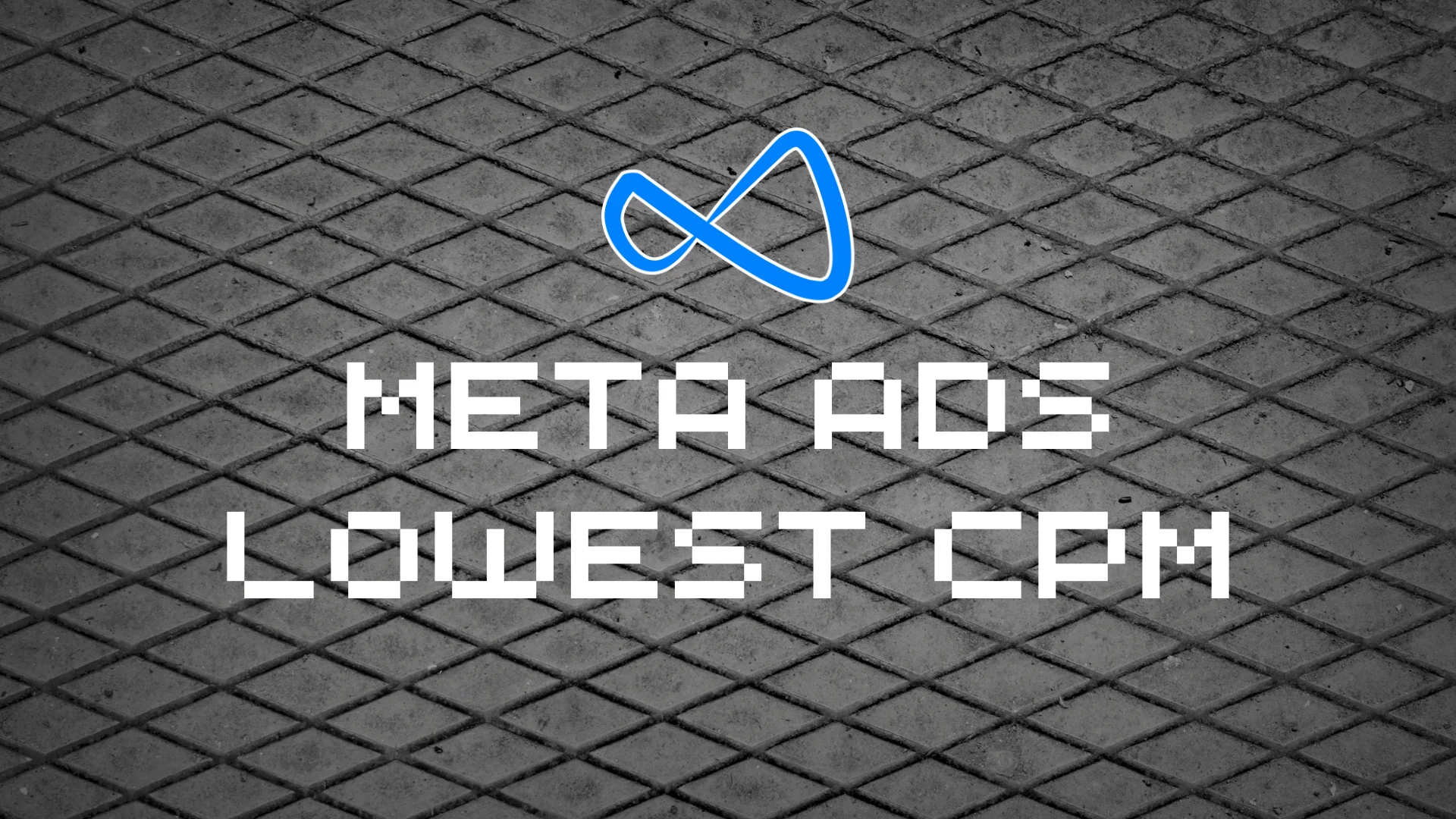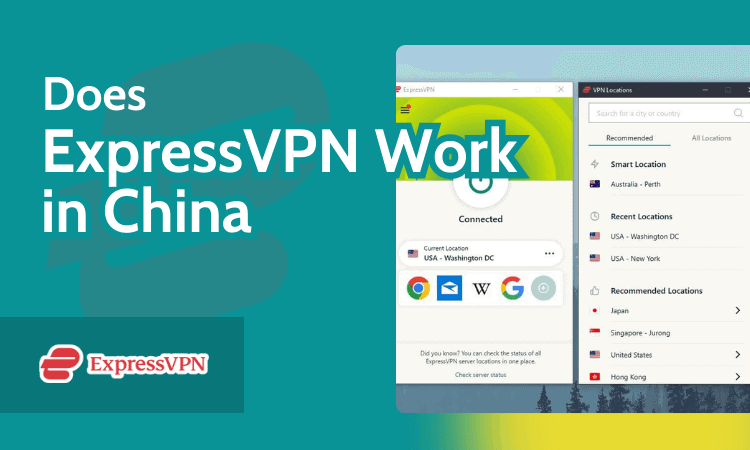Remember when websites were stuffed with keywords, trying to reach the top of search results? Gone are those SEO tactics of the past! Today, Google and other search engines want to understand your content’s true meaning and intent, like a captivated reader engrossed in a captivating narrative. That’s where LSI keywords, the unsung heroes of modern SEO, come in.
If you’re feeling fancy, LSI, short for Latent Semantic Indexing (or Latent Semantic Analysis), is straight out of an NLP (natural language processing) research paper and is a mathematical concept. But don’t worry, we won’t discuss the origin of latent semantic indexing LSI– instead, think of it as a process that makes your written piece of content relevant with rich context and deeper meaning. It’s about using related words and phrases to understand the topics for search engines and your audience clearly.
Get ready to make your content resonate with readers and search engines alike. Let’s dive in.
What are LSI Keywords in SEO?
LSI Keywords are words & phrases in a piece of content related to the main keyword that helps give clear concept and context to online readers and search engines.
The above sentence briefly gives out the LSI keywords definition. Let’s understand it in detail.
Let’s briefly understand 2 main key terms associated with LSI.
- Lexical NLP: Lexical NLP is the branch of NLP that focuses on analyzing and processing words, also known as lexemes, in a natural language. Lexical processing involves understanding the meaning, structure, and relationships of individual words within a text. This is a crucial aspect of language understanding, as words are the basic building blocks of any language.
- Latent Semantic Indexing: LSI keywords can be a more sophisticated and natural alternative to keyword stuffing. LSI is a technique in NLP & information retrieval that analyzes the relationships between words to understand the context of a document. LSI keywords are words & phrases semantically related to the primary keyword or the main topic.
Also read: How Google Uses NLP To Improve SERPs, Featured Snippets & UX
Synonyms & Polysemy for effective SEO content
Synonyms are those that share similar meanings. In language, they offer variations for expressing concepts, enhancing communication, and allowing for diverse vocabulary while maintaining equivalent or closely related meanings.
Polysemy refers to a language phenomenon where a single word has multiple, often unrelated meanings. Context is important in determining which specific meaning of the word is intended in a given instance.
Hence, understanding synonyms and polysemy is vital in Latent Semantic Indexing (LSI) as it enhances the accuracy of semantic analysis. LSI relies on recognizing synonymous terms and managing polysemous words to capture minute relationships between words.
Also read: Do Exact Match Domains Still Work? Everything You Need To Know
What is the role of LSI in Ranking, Keyword Density & Content?
LSI Keywords for Better Ranking
People search for common problems on Google in various ways, so LSI keywords matter for Google’s rankings. Using LSI keywords in your content is good for SEO. It helps make your content more relevant and improves how easily people can find it in searches.
Contextual Relevance:
With LSI keywords, search engines understand the context of your content. Instead of repetitively using the same keyword, you can incorporate LSI keywords that are naturally associated with your main topic.
Improved Readability:
LSI keywords contribute to the overall coherence and natural flow of your content. They can seamlessly integrate into your writing, making it more reader-friendly than awkwardly stuffing the same keyword multiple times.
Diverse Vocabulary:
Using LSI keywords allows you to diversify your vocabulary, which is beneficial for avoiding redundancy and providing a richer user experience.
Semantic SEO:
Search engines increasingly rely on semantic analysis to understand the intent behind user queries. LSI keywords align with this trend by emphasizing the semantic relationships between words.
Avoiding Penalties:
Keyword stuffing, or overloading your content with the same keyword, can lead to penalties from search engines. LSI keywords provide a more natural and user-centric approach, reducing the risk of being penalized for keyword manipulation.
Thematic Clusters:
Instead of focusing on a single keyword, LSI keywords allow you to create thematic clusters around your main topic. This holistic approach helps search engines better understand the depth and breadth of your content.
Hence, Google and other search engines pay attention to the words on your page that aren’t just keywords and use them to evaluate and rank your page. So, for better SEO, it’s a good idea to include related terms on the web page you want to rank.
Impact of LSI Keywords on Density
As LSI allows a better understanding of context and intent, search engines can effectively cater to uncommon search queries by online users. Content creators now prioritize natural language and a comprehensive scope of topics, enabling a user-centric approach. LSI keywords have, therefore, influenced a more holistic content strategy, emphasizing relevance, diversity, and semantic depth over the simplistic metric of keyword density in SEO practices.
See the example shown below:
LSI keywords to improve SEO and Content
Earlier, Google’s spiders would find and check websites by moving from one link to another on connected pages. They looked at keywords in title, content, images, and headings. After the LSI update:
Google understands web pages better – It scans for related keywords, going beyond the main one. It uses latent semantic indexing to grasp content deeply.
Scans pages contextually – The algorithm reads pages like humans, categorizing keywords based on context. It distinguishes between literal and figurative expressions.
Generates more relevant results – Identifies words that often occur together for accurate categorization and more relevant results.
Considers the overall picture – It weighs your business name, website, and industry to understand each page connected with your business.
LSI keywords are crucial for Google’s goal of providing the most relevant results, even for new search terms. This quality standard is achieved with latent semantic indexing.
Google has always agreed on three things:
- It’s crucial to understand and take hold of what people want when they search and use the right words.
- Making helpful content that matches what users are looking for is vital.
- Creating a well-connected silo, clusters, and relevant groups of topics is essential for information retrieval.
Source: Google
What are LSI keyword generator tools?
LSI keyword tool is a handy helper in search engine optimization (SEO). It assists you in finding LSI (Latent Semantic Indexing) keywords, which are terms semantically related to your primary keyword but not necessarily synonyms. Think of it as a way to expand and enrich your topic, providing more context and depth for search engines and readers alike.
Here’s how LSI keyword generator tools work:
- You feed them a seed keyword: This could be the main topic of your content, a product you’re writing about, or anything else you want to explore further.
- The tool analyzes the search landscape: It digs into search results, related searches, and other sources to understand how your seed keyword relates to additional terms.
- It spits out a list of LSI keywords: These are related keywords that naturally pop up alongside your seed keyword, indicating relevant subtopics, concepts, and angles you can explore in your content.
Benefits of using LSI keyword generator tools:
- Improved SEO: Incorporating LSI keywords makes your content more relevant and comprehensive, potentially boosting your ranking in search results.
- Enhanced content quality: LSI keywords help you cover your topic more thoroughly, creating informative and engaging content for readers.
- Broader reach: You can tap into related searches and attract a wider audience interested in different aspects of your main topic.












![The 15 Best Python Courses Online in 2024 [Free + Paid]](https://news.pourover.ai/wp-content/themes/jnews/assets/img/jeg-empty.png)











